SA farm exodus shock
- Times
- 03 April 2011
South Africa's commercial farmers say they will continue setting up in other countries to flee "unreasonable" laws, such as a new bill the government says will "stop cruelty against farm workers".
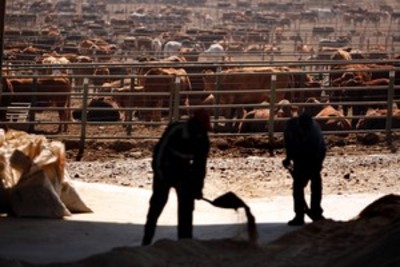
South Africa's commercial farmers say they will continue setting up in other countries to flee "unreasonable" laws, such as a new bill the government says will "stop cruelty against farm workers".
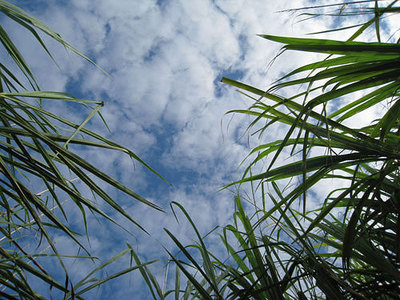
Wilmar's take-over of Sucrogen gave the company a significant amount of cane land that it increased with the purchase of additional farms to guarantee cane supply, outbidding local farmers for land.

Prime minister's adviser on science and innovation wants Australian companies to consider buying land in Mozambique to counterbalance foreign purchases of farming land in Australia and shore up Australia's food supply.
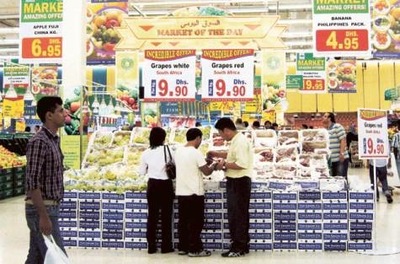
The UAE has purchased thousands of acres of arable land in Sudan to grow products for the home market, while Bahraini investors help meet demand in the kingdom from farmland bought in Thailand and the Philippines.

On October 25, 2010 the company signed a Protocol d'Accord with the Ministry of Agriculture to survey and map additional underutilized land in Guinea estimated to be up to 1.5 million hectares of combined area and prepare it for third party development under 99-year leases.

The Australian Parliament has moved to quell some of the anxieties surrounding a perceived foreign buy-up of local land, last week passing a motion regarding foreign ownership of agricultural land and agribusiness.
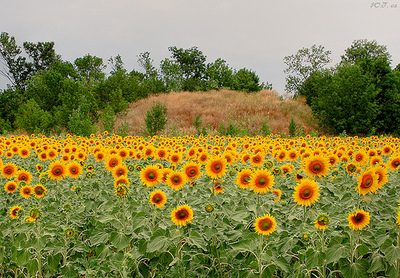
Investors pour $140m into an acquisition warchest raised by Kernel Holding, and $250m to support expansion plans at farm operator Mriya Agro.

Some claim it’s for food security, some say it’s a land grab


Foreign ownership of Australian land and agribusiness will soon be monitored.
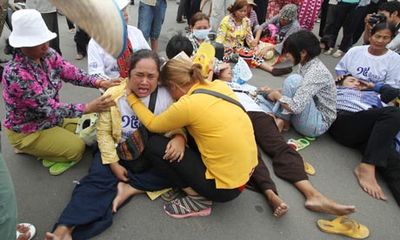
Vast tracts of farmland in poor nations being gobbled up by foreign investors could undermine small farmers' rights and food security in the host countries
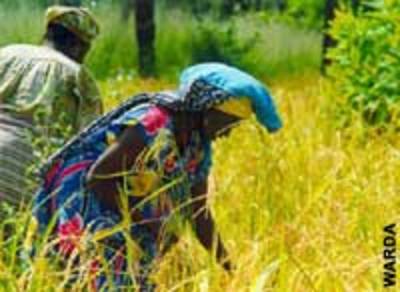
President says a Gulf State company is expected to invest $80-100 million in the country's agriculture in the near future, citing a 400,000 ha rice project.